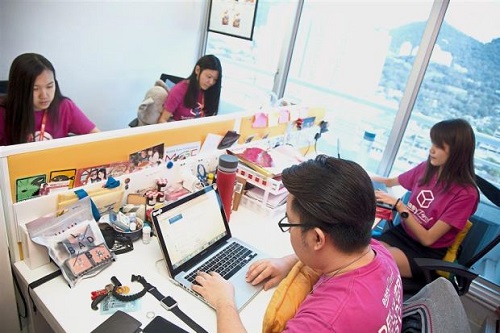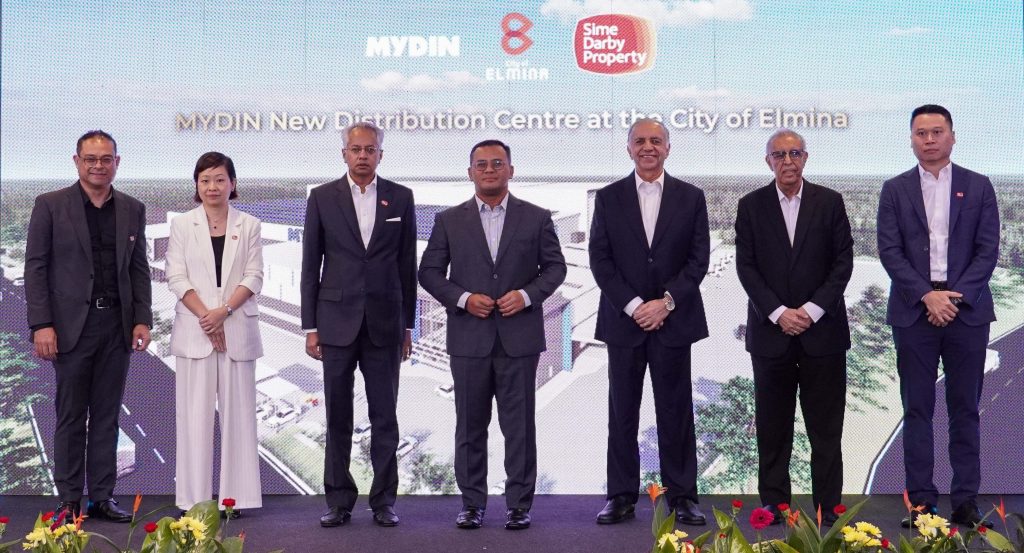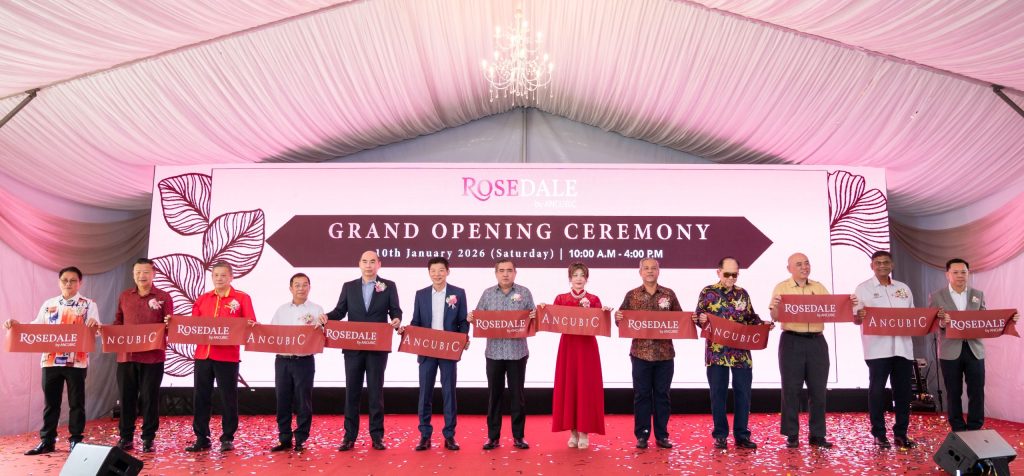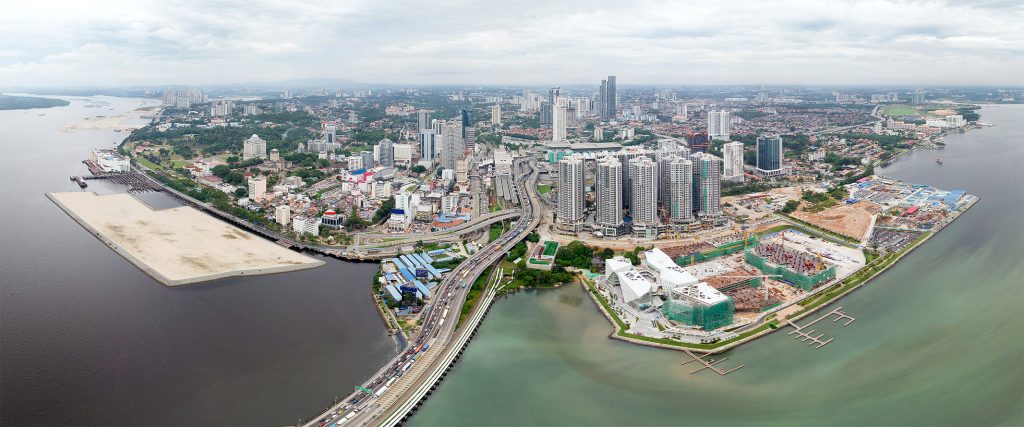BY JOY LEE
LOGISTICS play a huge part in e-commerce and with the increase of purchases done online, the spotlight is back on delivery companies.
Notably, this has invigorated business for courier providers and spurred new players to join the fray.
Against this backdrop, EasyParcel Sdn Bhd chief executive officer Clarence Leong saw the opportunity to develop an integrated logistics service platform that connects logistics suppliers to businesses and consumers.
Much like other platforms, EasyParcel enables business operators to book a consignment for delivery from over 30 logistics providers at competitive rates. The delivery orders cover normal deliveries, international shipment as well as on-demand and same-day deliveries.
But the platform is also beneficial to courier providers.
“It also brings new leads to our courier partners. And we also build the technology to support our courier partners, where they are able to have a more in-depth view of their operations, which branches are doing better, where are the failures and how to address them.
“Most of them outsource their tech needs and it’s expensive for them because most of their technology is 30 to 40 years old. So they can’t do many things like real-time tracking and all that. But through this platform, they can,” he adds.
EasyParcel was launched in 2014. They started with some angel funds and a commercialization grant from Cradle Fund.
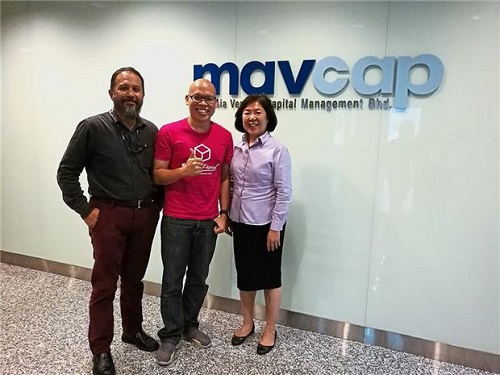
Working together: (from left) Jamaludin, Leong and Chok work closely to ensure EasyParcel achieves its ambitions.
The team at EasyParcel has had to pivot over the years, learning to develop better technology, planning, acquisition of merchants and service levels, among other things.
One of the company’s main challenges was to educate the market on its services and to encourage active usage of its services.
But the company has since grown by leaps and bounds. Last year, sales more than tripled from the previous year.
“When we first started, we were doing a few hundred transactions. Today, we process about 25,000 parcels a day in Malaysia. But there was a lot of learning, a lot of trials and errors along the way,” says Leong.
EasyParcel’s learning curve here in Malaysia has enabled the company to scale its business model to other countries. The company started looking at the Singapore, Thailand and Indonesia markets a year ago to expand its foorprint in the region.
However, Leong notes that its services need to be localised.
“Every country is different in terms of the infrastructure, the players, regulation and the sellers.
“But we’ve been able to tap into the strategic network and experience of our investors,” he says.
Chok Kwee Bee, partner at Intres Capital Partners, the fund manager of ADIF, adds that EasyParcel’s model is relatively new in the region and the company is, in a way, pioneering the way forward for the delivery industry.
Leong believes EasyParcel has a first-mover’s advantage in the markets it is in.
“While it may be easy to replicate our platform, replicating our user base will be a challenge for any new competitor. We’ve been doing this for three years and we’ve improved over time.
“Our focus for now is to grow our business in the four countries that we are currently in, to grow our user base and revenue,” says Leong.
Early this year, EasyParcel also launched a new service known as PGEON, which provides postal users with options to have their parcels dropped-off or collected at a convenience store.
More often than not, consumers are not at home while the delivery is made, explains Leong.
“So this is not a door-to-door service. It’s more of a point-to-point service. And this will help us provide a better service for the last-mile delivery and will be another platform of growth for the company. But it will take us some time to build the network,” he says.
EasyParcel is currently working with over 800 points at various convenience stores such as myNEWS.com outlets and is looking to increase that to 3,000 delivery points.
“E-commerce is growing. All the right ingredients are there for the industry to grow. We see the trend and there will be a need for these services. The company has good management and good timing,” says Jamaludin Bujang, chief executive of Mavcap.

